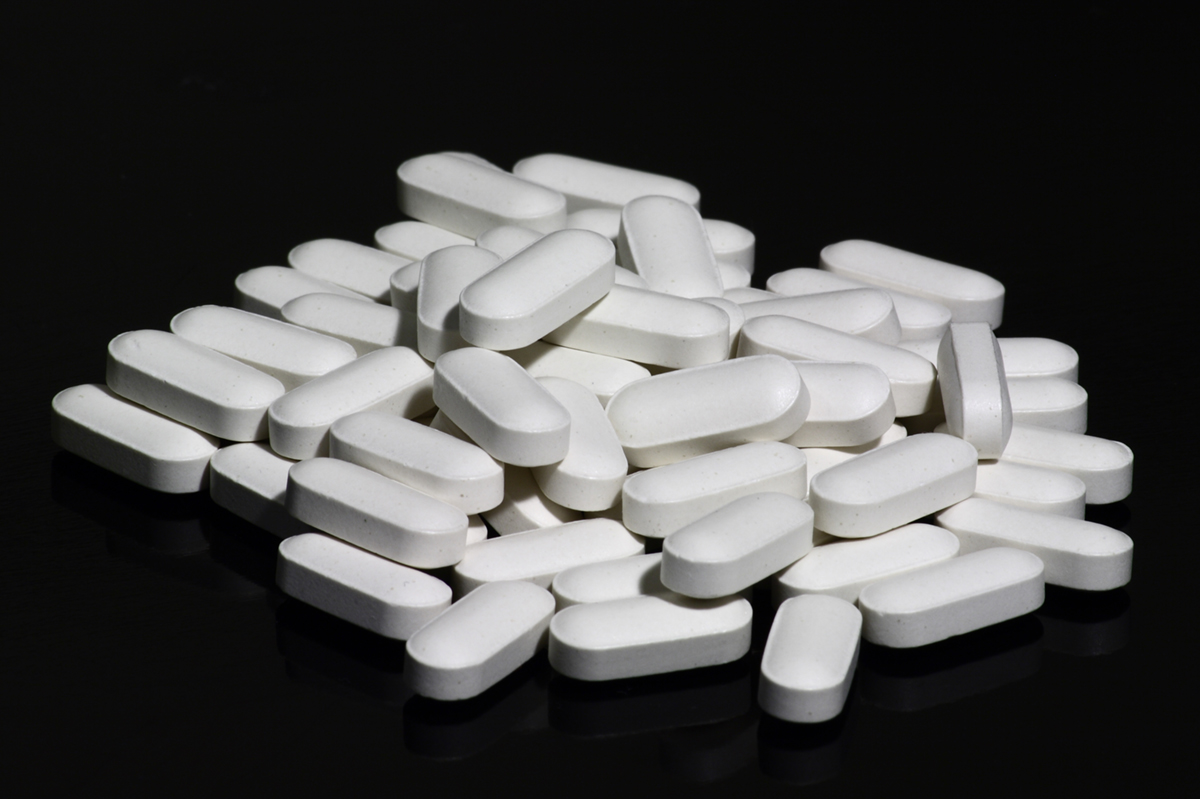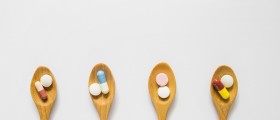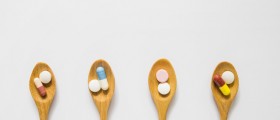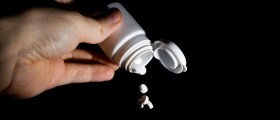
When you go to your local health food shop or stand in the supplement aisle of a supermarket you will see just how much choice there is. Sometimes this choice is too intimidating for most people and they tend to walk on by. Everyone, but mainly women get so much advice thrown at them on how to be healthy and how to help themselves through premenstrual syndrome or a menopause. Most of us know about the basic multi vitamin supplement but that’s about it. If you are thinking about taking an extra supplement in your daily regime then it’s advisable that you initially speak with your doctor. As some herbal supplements will not match you for an array of reasons for example your health, your current medication, your age, your medical history and many other reasons.
Calcium Supplement
Having strong bones is very important so in order to ensure this to happen you should take calcium. If you are a woman below the age of thirty five calcium is a must. Once you are over this age your bones can start to show the damage from a lack of calcium. According to the U.S. Food and Drug Administration calcium can also assist in alleviating the symptoms of premenstrual syndrome and even lowering your blood pressure. It is recommended that women who are premenopausal should have one thousand mg every single day but postmenopausal women need between one thousand, two hundred to one thousand, and five hundred mg per day. However for both of these women the amount should be split into two times of the day.
Vitamin D3 Supplement
There are studies that have been conducted that show that people who have taken the vitamin D3 have prevented themselves from getting breast cancer and osteoporosis as well as cardiovascular diseases and multiple sclerosis. This should be taken at five hundred IU every day for premenopausal women and a higher rate of eight hundred for older women.
Iron Supplement
People who suffer with anemia have been directly linked to having a shortage of iron in their systems. Women who are pregnant and women who are premenopausal really need iron in their diet. The doses are very different according to whether the woman is pregnant or not. If they are not carrying a child then the dosage would need to be eighteen to twenty mg every day but for those women that are pregnant they will require twenty seven mg each and every day.

















Your thoughts on this
Loading...